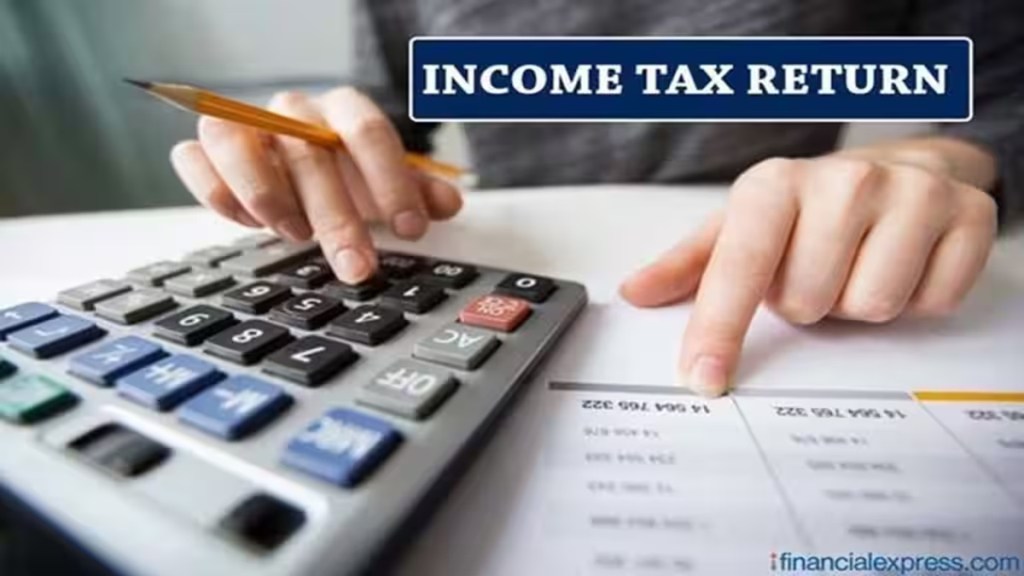The Income Tax Return (ITR) filing season is in full swing. Like every year, taxpayers while filing their ITRs grapple with issues related to forms, rules or eligibility to claim certain deductions and exemptions.
Among various other issues, this time one of the major confusions among taxpayers is being seen regarding the rebate available under Section 87A. Many people are not able to understand whether they will get an exemption or not, and if yes, then how much. The reason for this is that there have been changes in the income tax rules in the last few years and recently in Budget 2025, a big announcement was made to increase the rebate of Section 87A to Rs 60,000 under the new income tax regime.
Let us know what Section 87A is, who it benefits, and what the difference is between the old and new tax regime.
What is Section 87A?
Section 87A is a provision of the Income Tax Act under which individuals who are residents of India are given a tax rebate if their taxable income is below a certain limit. This rebate is given after the calculation of tax – that is, this amount is deducted from your total tax payable. Its purpose is to provide tax relief to people in the low and middle-income groups.
Income Year 2024-25 (AY 2025-26): Old vs New Tax Regime
Tax Regime Maximum Rebate Amount Rebate Eligibility Limit
Old Tax Regime Rs 12,500 Taxable income up to Rs 5 lakh
New Tax Regime Rs 25,000 Taxable income up to Rs 7 lakh
This means: If your taxable income is Rs 7 lakh or less (and you have opted for the new tax regime), you can avail a tax rebate of up to Rs 25,000. This will make your entire tax zero.
But if you have opted for the old tax regime, the rebate will be available only on taxable income up to Rs 5 lakh and its maximum limit will be Rs 12,500.
Big announcement of Budget 2025: New rules will be applicable from FY 2025-26
The Finance Minister has further increased the exemption of Section 87A in Budget 2025 to make the new tax regime more attractive.
Now from the financial year 2025-26 (income year 2026-27), in the new tax regime, you will get a rebate of up to Rs 60,000 under Section 87A, if your taxable income is up to Rs 12 lakh.
This means that: If your taxable income is Rs 12 lakh or less, then you can directly avail the benefit of a rebate up to Rs 60,000.
After adding the standard deduction (up to Rs 75,000), no tax will have to be paid on salary up to about Rs 12.75 lakh.
Some important points:
-Section 87A exemption is available only to Resident Individuals.
-This exemption is available only if your total taxable income is within the prescribed limit.
-If your income falls under special tax rates like Long Term Capital Gains (LTCG) or Short Term Capital Gains (STCG), then Section 87A exemption will not be available on it – especially in the new tax regime.
-Rebate is deducted from tax, not from income. So first tax is calculated and then rebate is applied.
Why is there confusion among taxpayers?
This year (AY 2025-26) ITR filing is being done under the old rules. That is, the rebate is available only up to the limit of Rs 7 lakh (new regime) and Rs 5 lakh (old regime). But in Budget 2025, a rebate of up to Rs 12 lakh has been announced, which will be applicable from next year.
That is why many taxpayers are thinking that they will get a rebate of Rs 60,000 this year, whereas in reality it will be applicable in the next ITR season (2026).
What should taxpayers do?
-Choose your tax regime carefully while filing ITR.
-If you are not taking advantage of deductions (80C, 80D etc.), then the new tax regime may be more beneficial.
-Calculate the correct income and deductions to decide whether you fall under the purview of rebate or not.
-Keep in mind the income from capital gains, as rebate will not be available on it.
Summing up…
Section 87A tax rebate is very important for the small and middle income group. By increasing this exemption to Rs 60,000 in Budget 2025, the government has tried to provide relief to the middle class. But this filing season, taxpayers need to keep in mind which financial year rules apply to them. It is very important to understand and apply the rebate limit, applicable regime and income calculation correctly to avoid misunderstandings.

